River Walk in a Railroad Town
by Tony Press
My grandmother once told me that until she was eight years old, she had an older sister. We were walking the river after services on a fall Sunday morning, and I can only guess it came up because I mentioned that I wished I had a sister. I remember saying I’d even settle for a brother.
I don’t know what I expected, but without preamble, without even a change in her voice, she said: “My sister was fourteen. She was skinny as a rail but she was strong. She worked so hard my folks didn’t need to hire any help except at harvest time.”
I prided myself as the family historian and could recite the grandparents on both sides, including birthdates, plus the aunts and uncles and cousins and shirttail relatives. I’d always known her to be an only child, as I was. I was following her path, and my mother’s path: the lone child, the only daughter.
We stopped near the pier and sat on the Armistice Day bench. It was built last year, seven Novembers since the end of the Great War.
“I didn’t know you had a sister.”
She didn’t say anything more and I followed her eyes as she watched a black and green tugboat nudging a coal barge north. It was making slow progress.
I waited. I resisted pulling out my little notepad from my handbag. If she said anything more, I wanted to remember.
“This was a long time ago, of course. We lived so far out in the country and we didn’t come to town more than once a month.”
“You grew up near Yarmouth, right? It’s still such a tiny town.”
“That’s right, Sweetie, we were a little north of there, and it wasn’t any bigger even then. We raised corn, fruit trees, and dust. It was not easy.”
As a high school student, I was smart enough, or at least educated enough, to know my childhood was easier than hers had been. Everyone in town had electricity and half had indoor plumbing. Six families had automobiles. We had a hospital and a school. Nothing of that was available to her when she was growing up. I also knew that at fifteen it was unlikely I’d ever have a sister or a brother.
“So, one morning, a steaming August day just after my birthday, my sister Abigail came running from the west fields, hollering to beat the band. I was standing on the porch with my mother. We heard her before we saw her.”
“What was wrong?” I said.
“Her face and arms were bloody. At first, she couldn’t tell us anything, but at some point she was able to put words together. She said it was a fox.”
“Foxes usually avoid people,” I said, stupidly.
“This one didn’t, and the next few weeks were terrible. Abigail screamed and flinched anytime we tried to touch her. I’d never seen her afraid before, but she’d changed into a new being. The cuts turned to scars and she picked at them and ripped open the sores. Even after she stopped scratching, something ate from the inside. We didn’t know what it was and she wouldn’t talk to any of us. That was the hardest part for me.
“Please don’t misunderstand me, because of course I felt horrible for her – we all did – but her silence fell hardest on me. She was my only companion. I was the little sister who looked up to her big sister, but I also knew that her pain was far worse for her than for me. I knew that, and yet half of my own crying at night was for me.”
Grandmother stopped again. She stared across the water as if she had locked on to something on the other side, something only she could see.
“This went on for a month and just when I thought she was starting to come around, everything fell apart,” she said.
“I woke up in the room we shared and she was drooling. She was fourteen years old and drool slid down her chin. Then, her body shook like that St. Vitus Dance people talk about. She couldn’t control it. That’s when we knew, or at least when my parents knew. I didn’t understand until later.”
“What was wrong with her?” I said.
“The fox was rabid.”
“We learned about rabies in school, in Science class, and about Louis Pasteur.” Again I urged myself to be quiet.
She rose and I followed, and we walked further north as The Mississippi rolled south toward Missouri.
Grandmother looked at me and said: “Yes, but in those days there was no treatment, no cure.”
“What do you mean no cure?”
“Exactly that. The first bite doomed her. She had nothing but horrible days ahead. All we could do was hope for the mercy of death.”
“‘What did you do? What did the doctors do?”
“Sweetheart, there was nothing a doctor could do, or anyone else. Each day was worse than the day before. One night, after a long week of this, my father took her out of the house. He carried her into the barn and strangled her.”
My arms and legs trembled. I grabbed grandmother’s hands.
“It was three hours, maybe four, before he came back inside and told Mother and me what he’d done, but I already knew. I had followed them and slipped into the barn from the other side. I was in the shadows where we stacked the hay. He never saw me hiding.”
I hugged my grandmother often, but when we collapsed into each other’s arms, I knew I would never forget that embrace. And I haven’t.
We walked up Division Street. It was time for supper.
When we climbed the steps and entered our house, my parents were already seated. My grandmother sat beside my mother. People always told me I looked like them but I never saw it. I started to sit but I stopped, went to the corner of the parlor, pulled a fifth chair up to the table, and placed it between my grandmother and me.
I never did have a sister but we had that chair.
![]()
Tony Press lives near San Francisco and tries to pay attention. His stories appear in many wonderful places and he has some poetry and non-fiction out there, too. He enjoys sharing his words and loves reading the words of others. He was recently nominated for a Pushcart Prize.
Stories @ Digging Through the Fat: Volume 2, Issue 12
May 6, 2015
Photography by: Gessy Alvarez







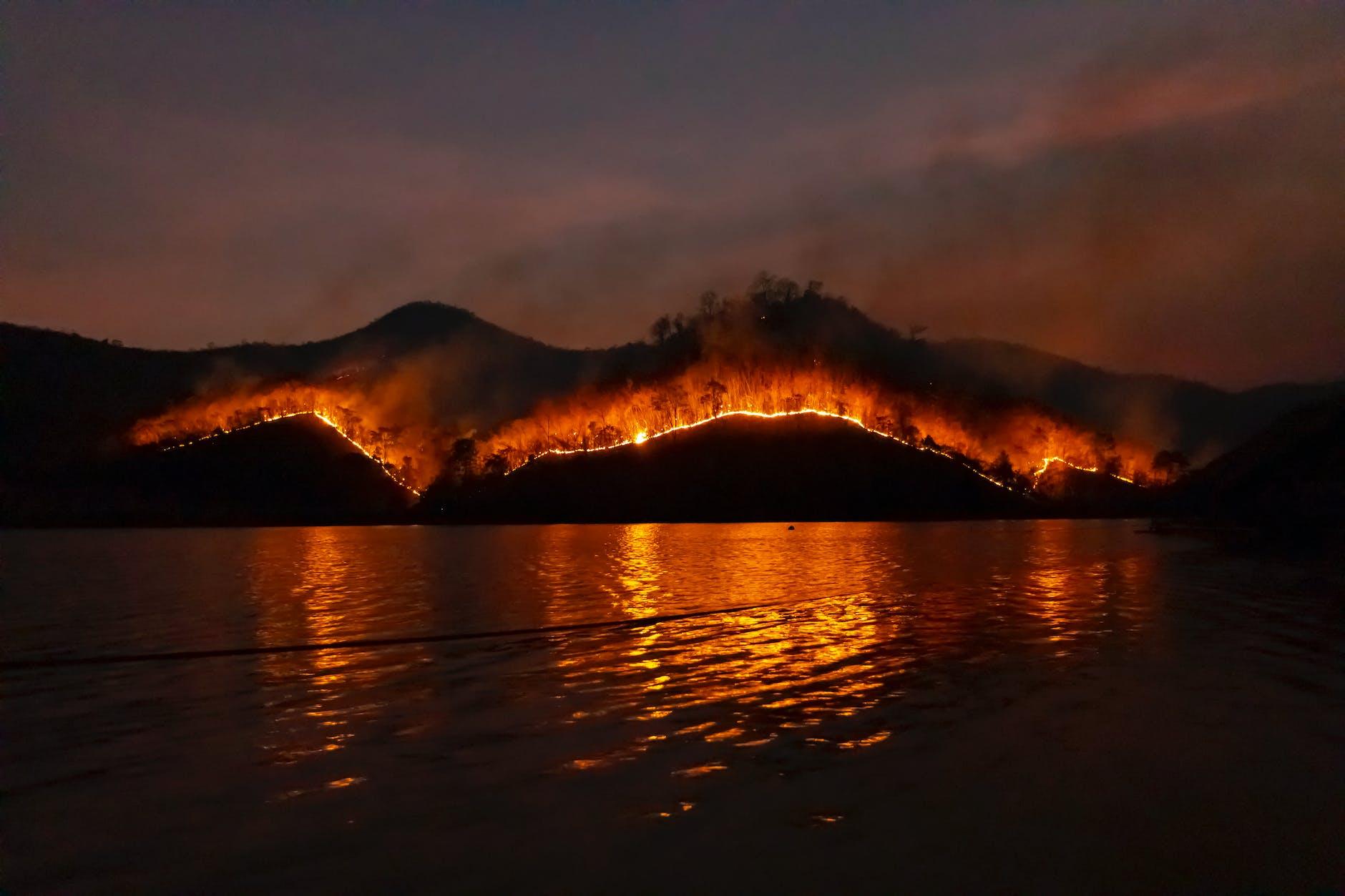


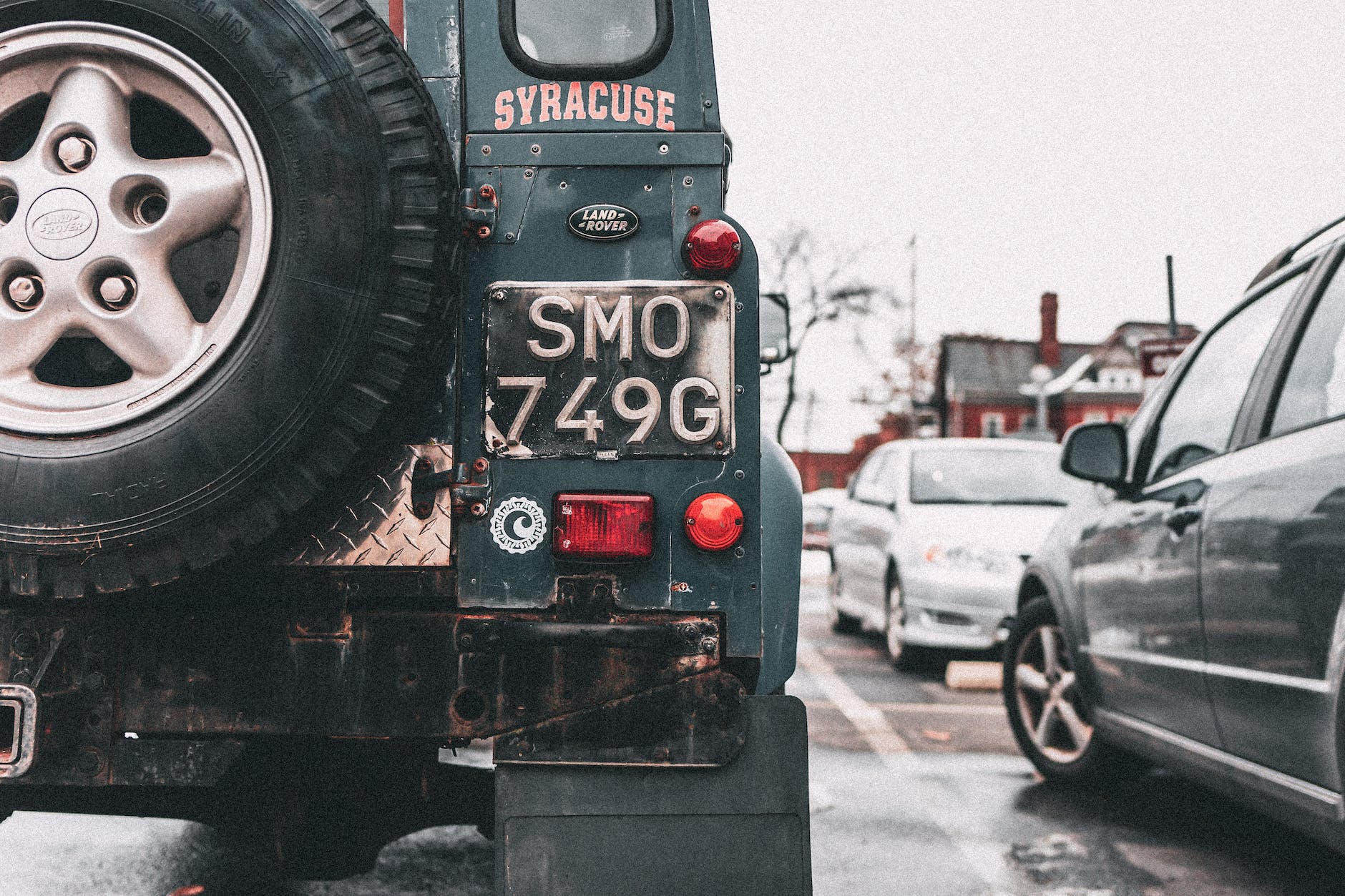
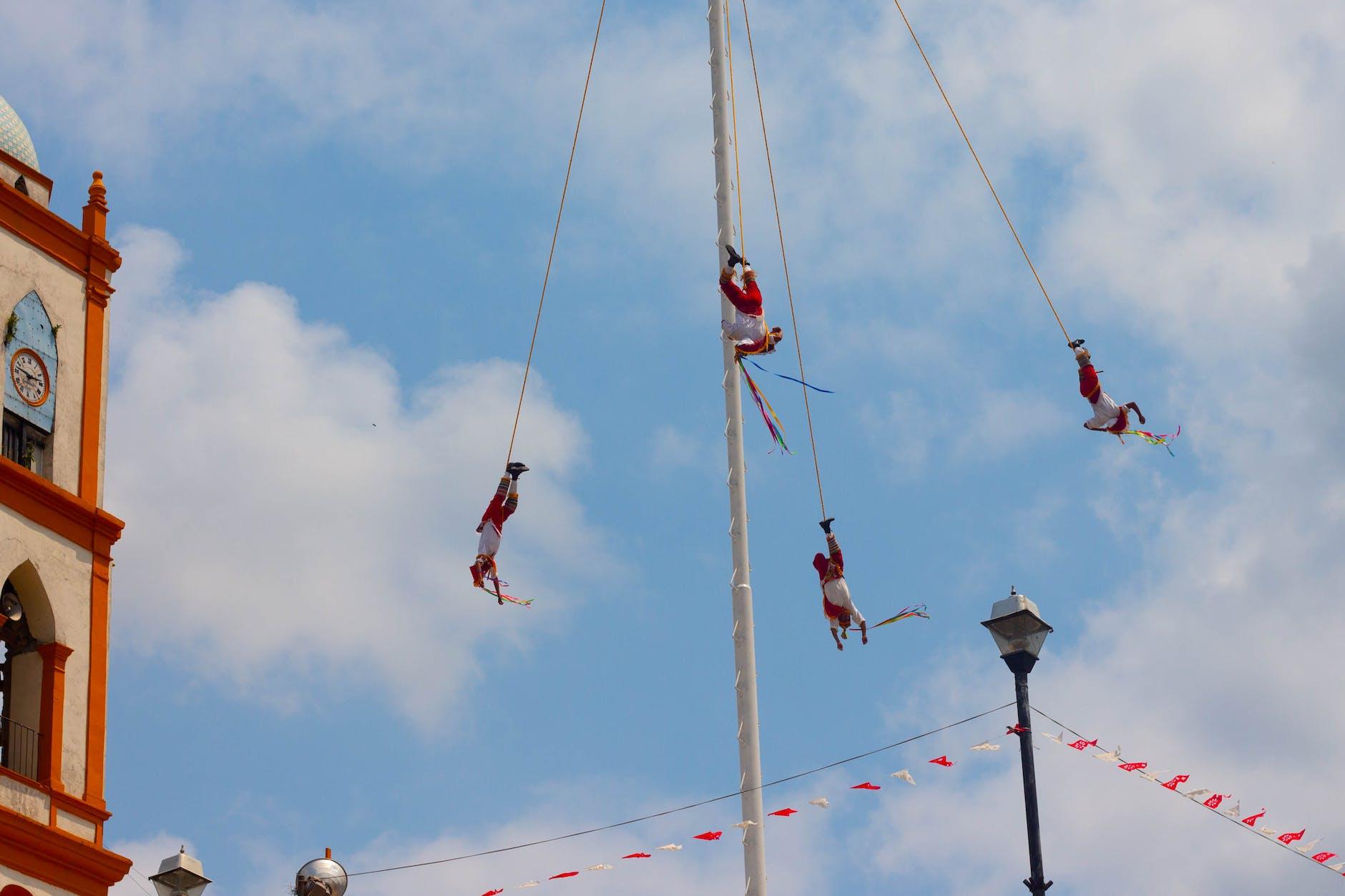

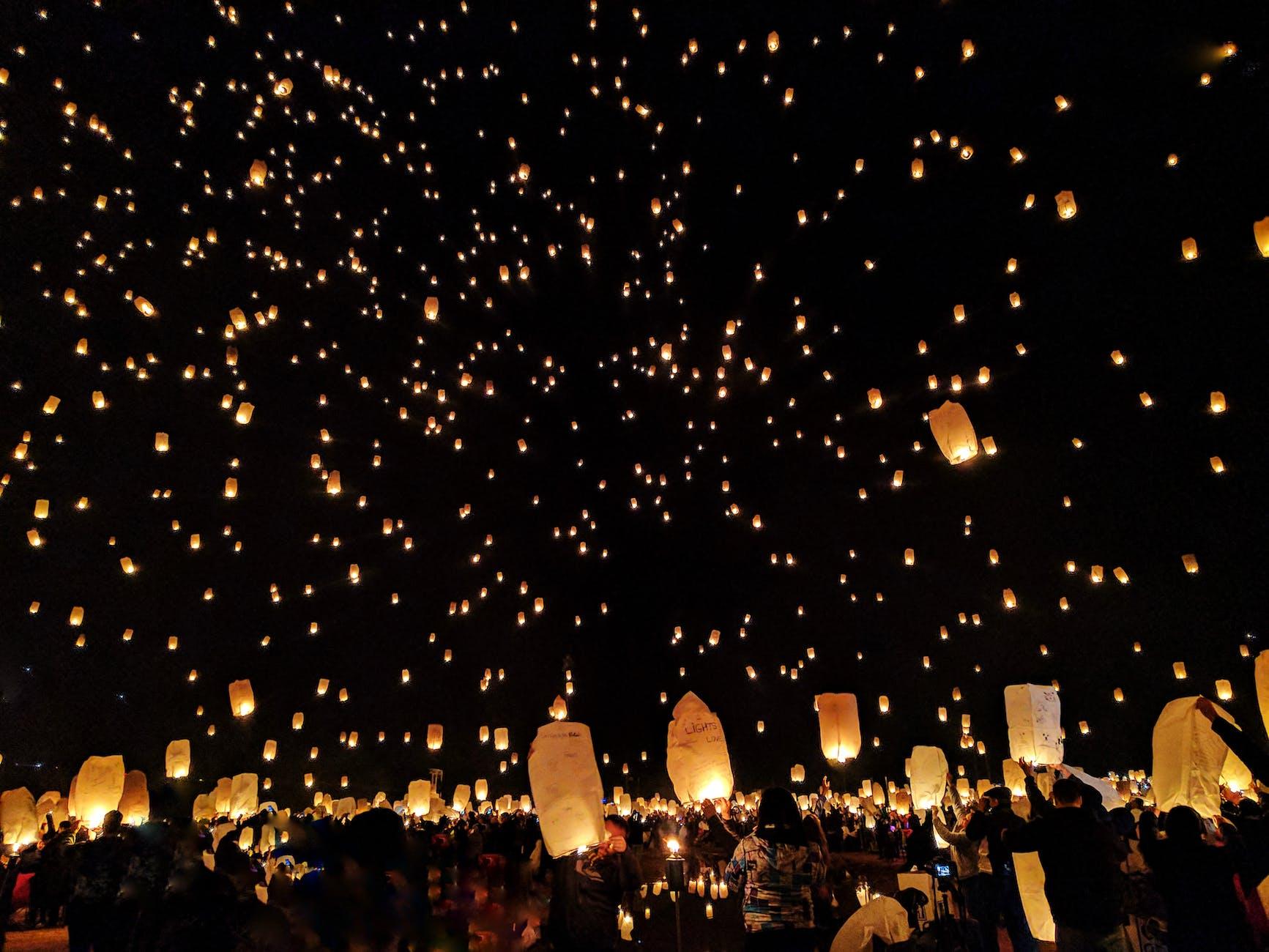
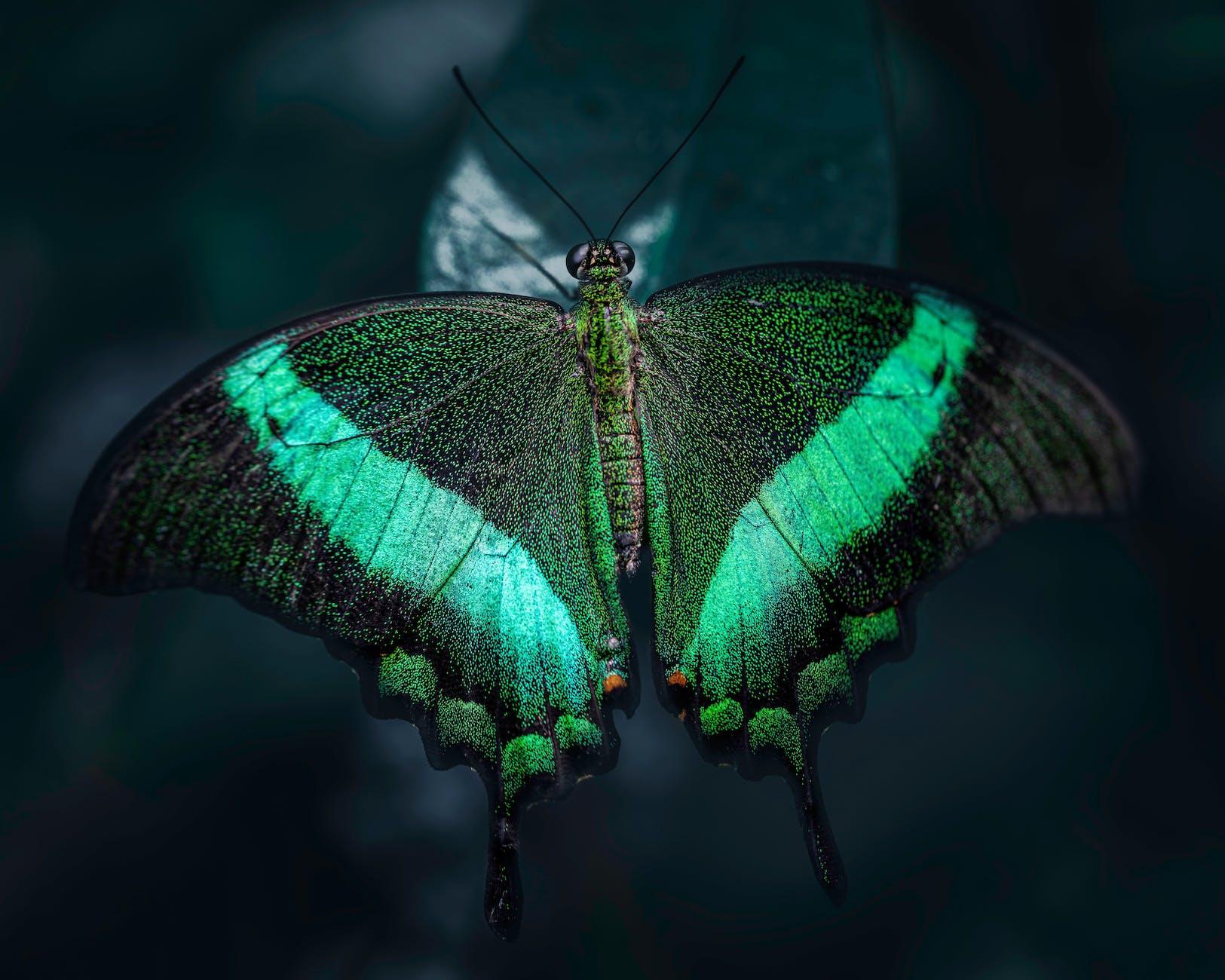




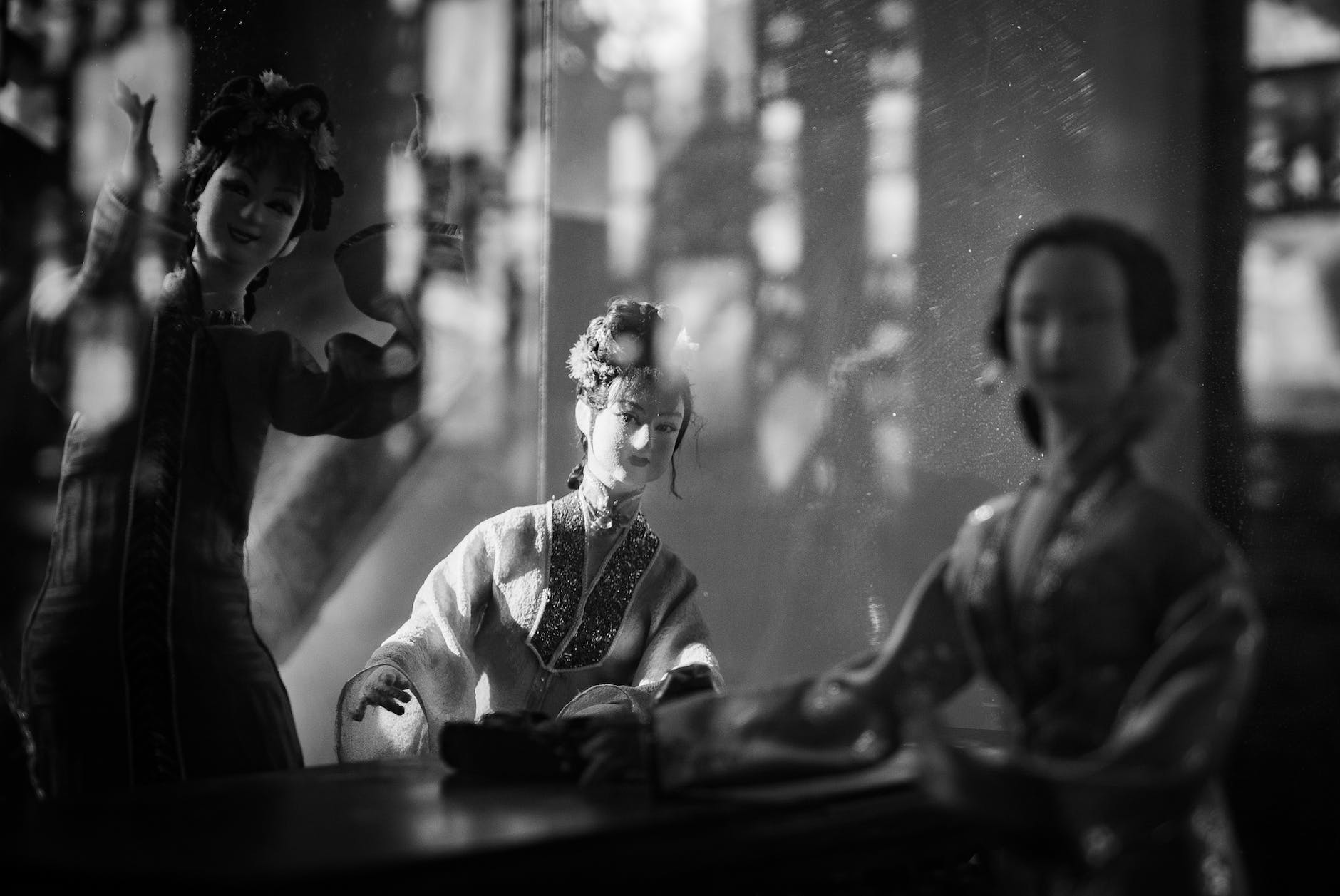


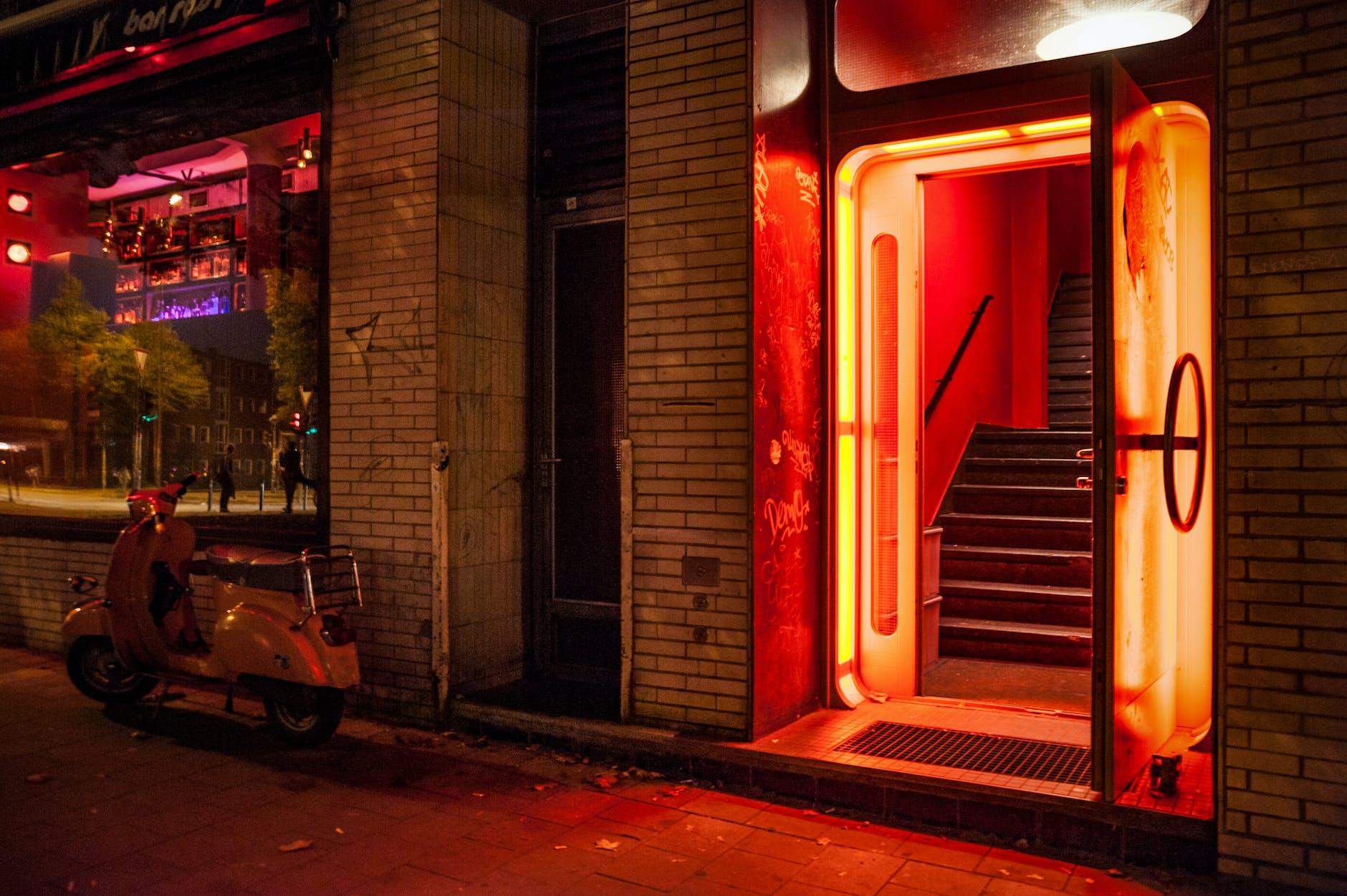
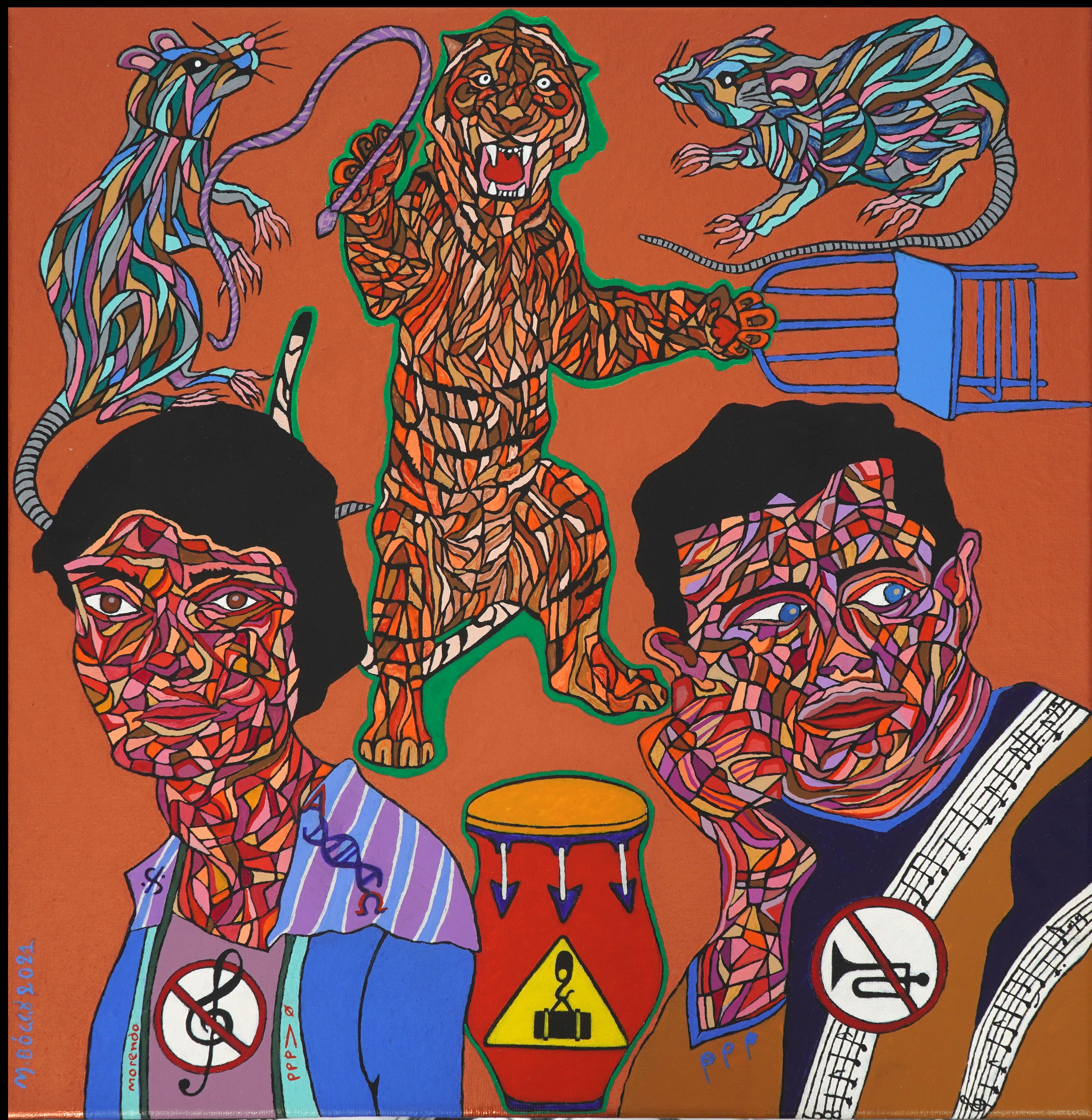
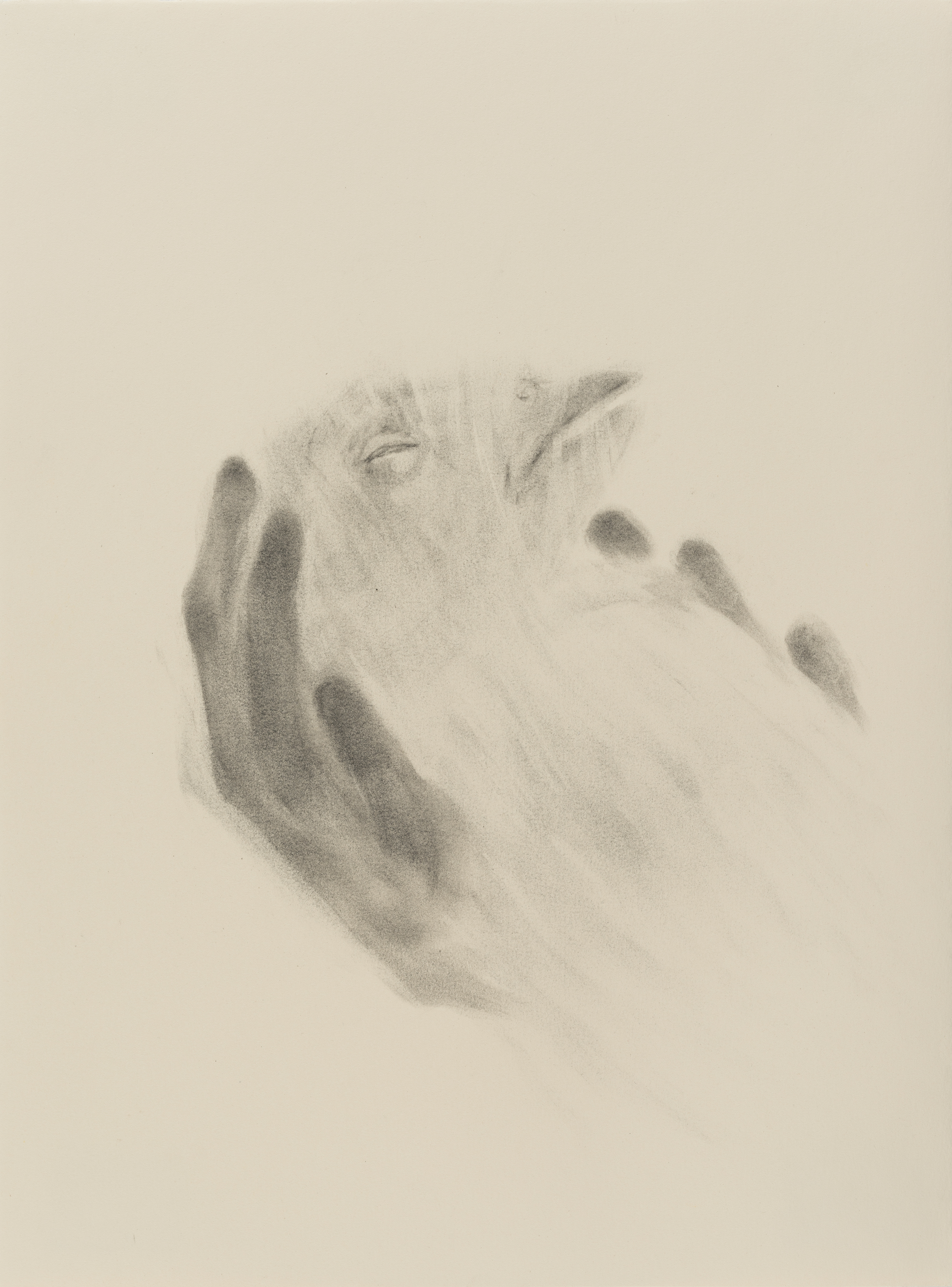


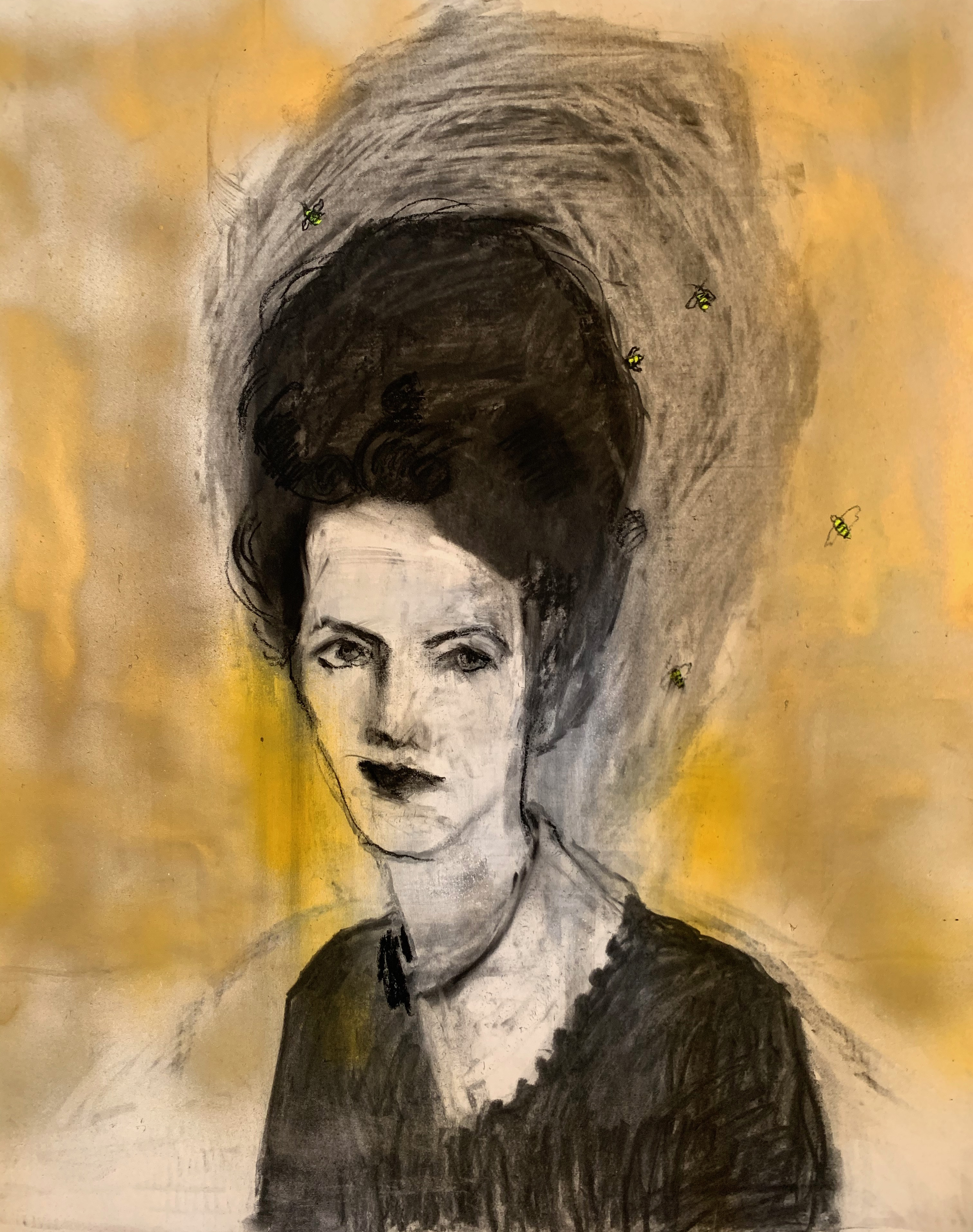
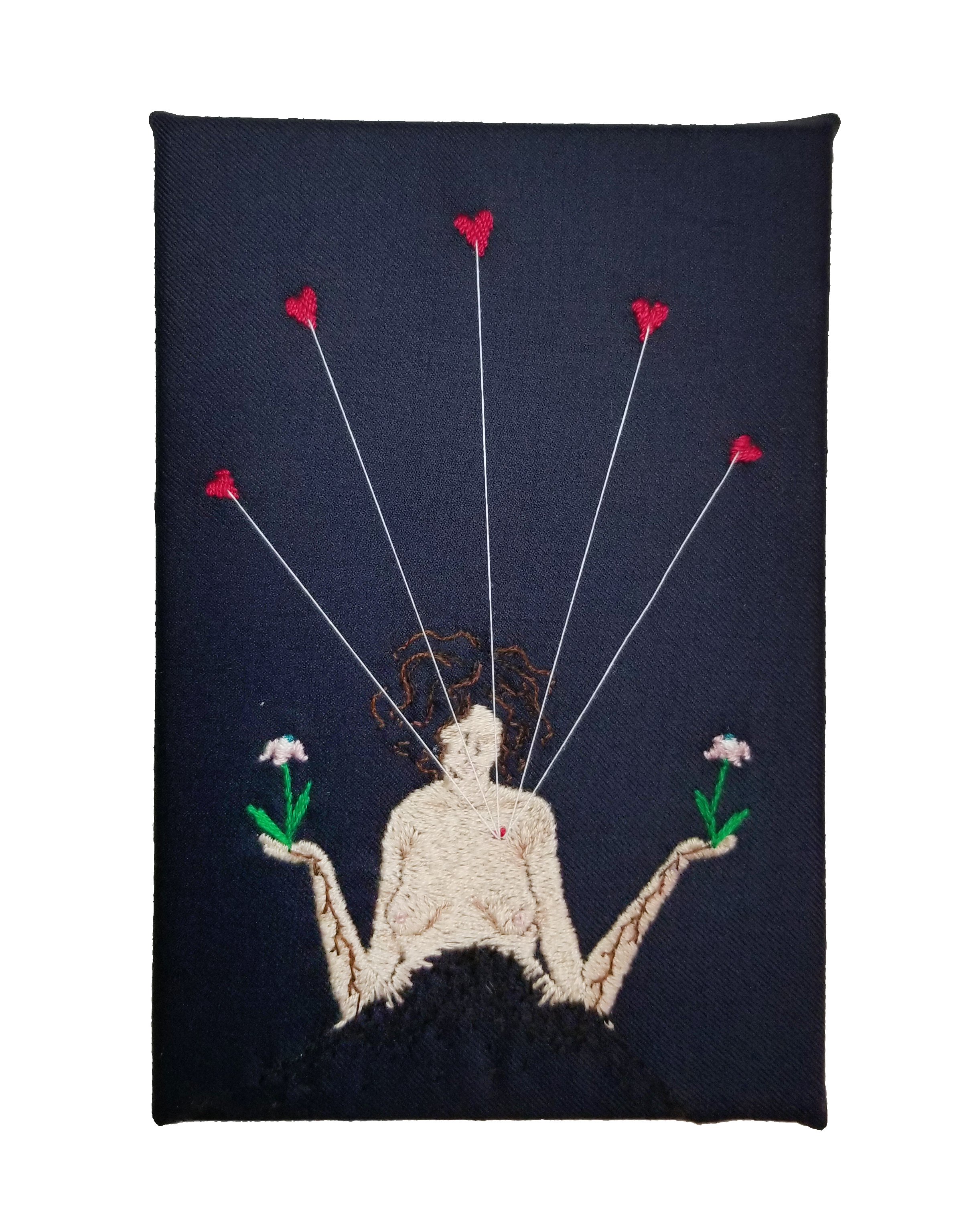
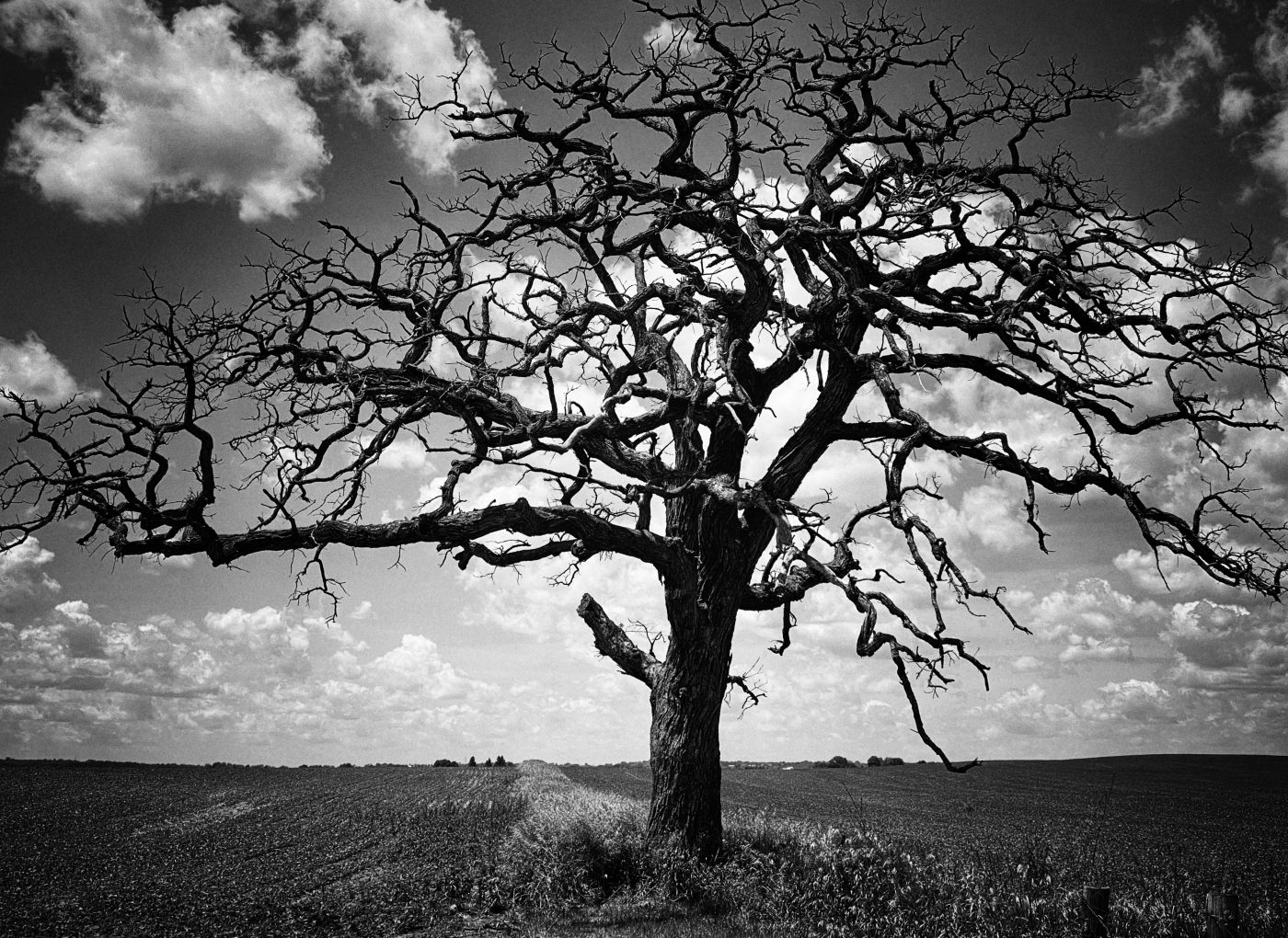

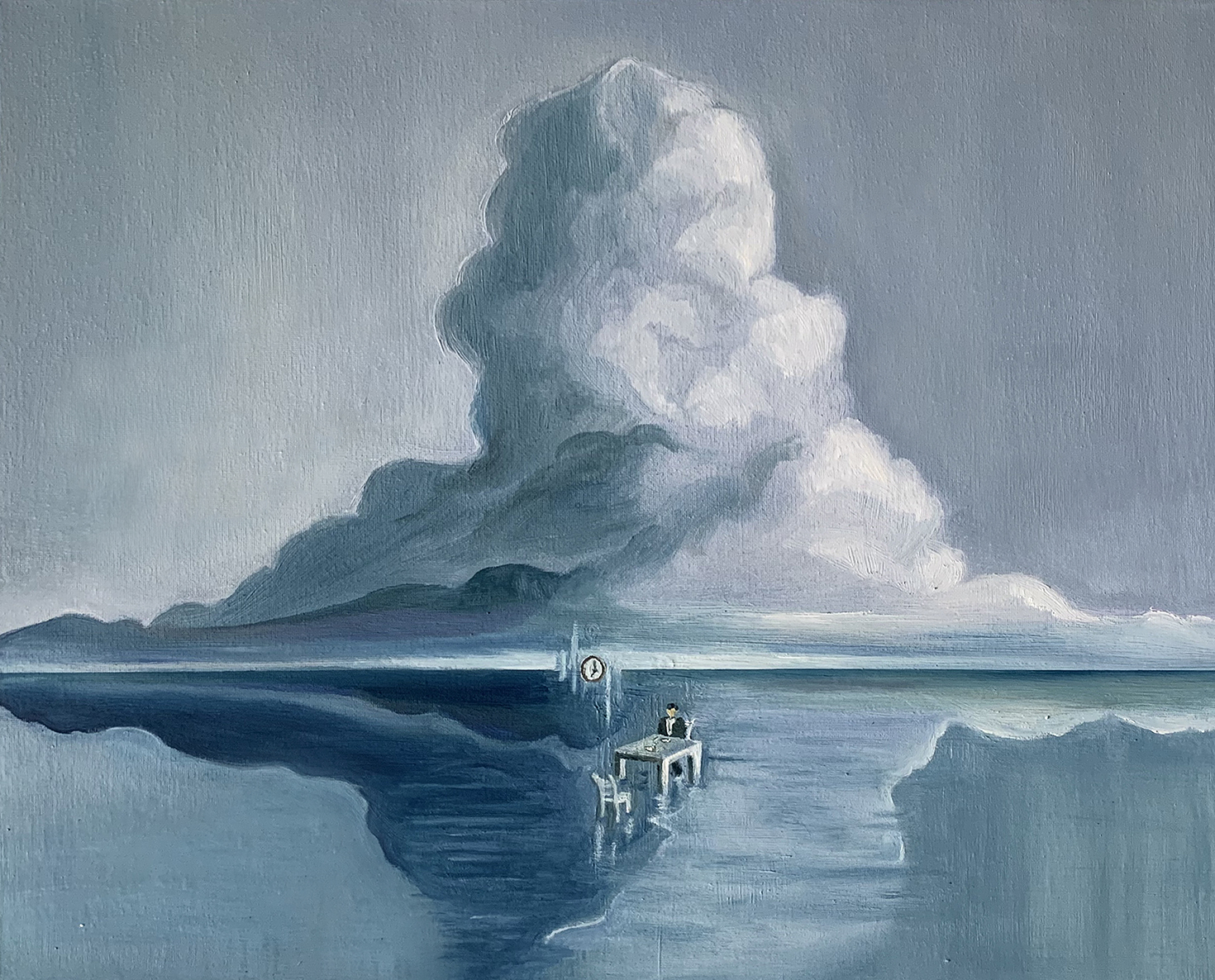
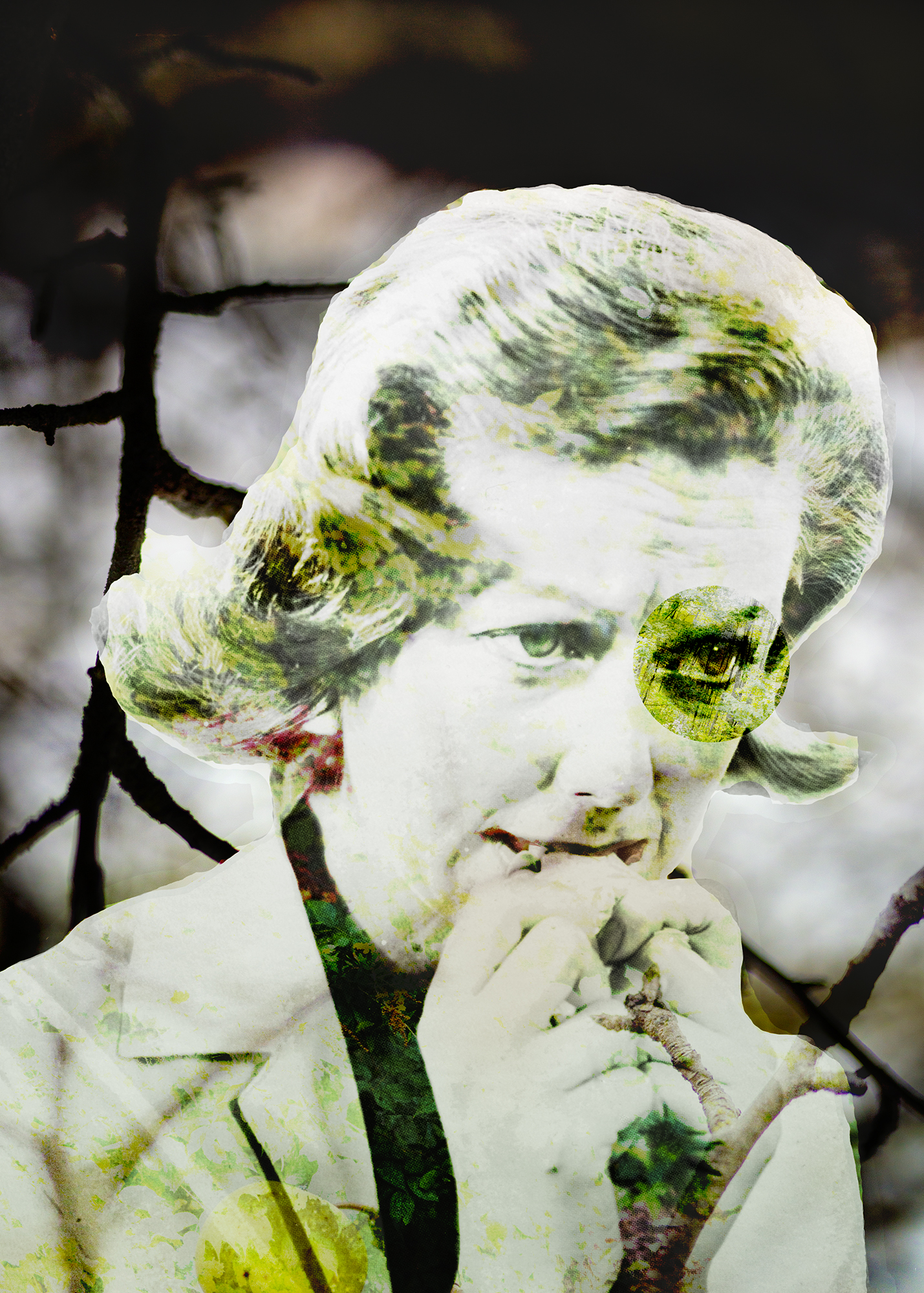



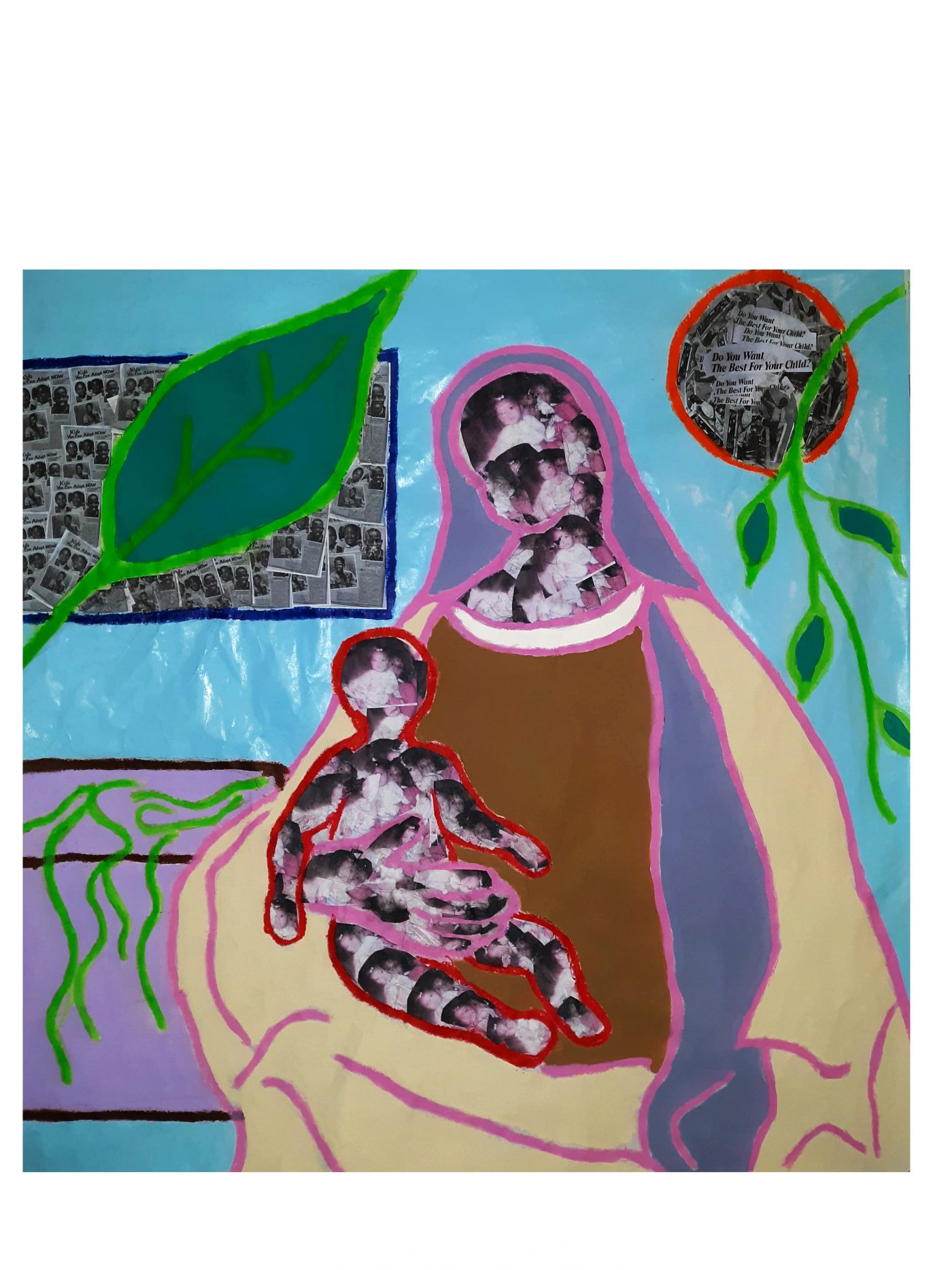
9 responses to “Stories No. 31 – Tony Press”
This is the most amazing short story I’ve read in a long, long time. I salute you, Mr. Press, and thank you.
Chilling
An eloquent portrayal of family dynamics – L
Aw, what a nice story. Sad. We often forget how medicine has advanced. People really had to take circumstances into their own hands. Phew. Nice writing!
not sure I can write anything here without tears blotting it out. so very moving,
Powerful story!
Tony, a tragic story told by a masterful storyteller. Best Regards, Diane Smith
I can’t stop thinking about this family’s options…always a good sign, when a reader can’t stop thinking about a story.
Thanks to each of you for your kind words. Sometimes stories even grab the storyteller, and it happened to me this time.